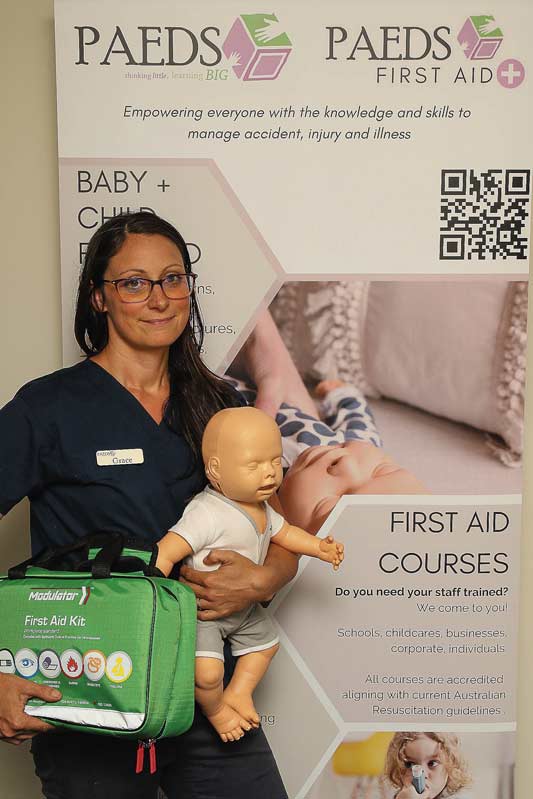
By Grace Larson, paediatric intensive care nurse
LAST week, ‘Code Brown’ was enacted across all metropolitan and major regional hospitals in Victoria. This response is only activated after emergencies or natural disasters once the volume of patients admitted to hospital is larger than manageable. This is the first time Code Brown has been called this widely in Victoria.
Around 4,000 healthcare workers are unavailable due to infection or close contact status. This means that not only is there a higher volume of patients being admitted to hospital, but there are fewer staff to treat them.
As a paediatric intensive care nurse, I know healthcare workers train for these situations and are prepared. But the system has been under strain for so long that everyone is exhausted.
To support regional and rural health systems, nurses will be moved to administration, re-deployed to hospital wards and emergency rooms. Staff will be called from leave to meet the system’s demands. Pressure in hospitals flows on to emergency and General Practice (GP) services. When parents cannot see a GP, they present at emergency or call Triple Zero.
I started PAEDS First Aid with two paediatric intensive care nurses last year because we saw this pressure and how to help. Increasing the number of people with First Aid and CPR knowledge reduces strain on medical services.
Knowing what is and is not normal in sick children, or how to respond to injuries, is most important now. Children won’t always need emergency treatment but go downhill quickly if they are sick. Caregivers must know when to seek help or when to stay home.
Nurse on Call or Kids Doc on Call are virtual alternatives when someone is unwell but there is no emergency, which takes pressure off other services.
Knowing First Aid can give caregivers confidence in knowing the appropriate support for illnesses and injuries. It covers everything from rashes, asthma, and breaks and sprains, and CPR.
We may not be able to help on the front line, but we can do our bit by using services appropriately and learning how to respond in emergencies.
PAEDS offer several free places for caregivers who ordinarily cannot afford to access training.






